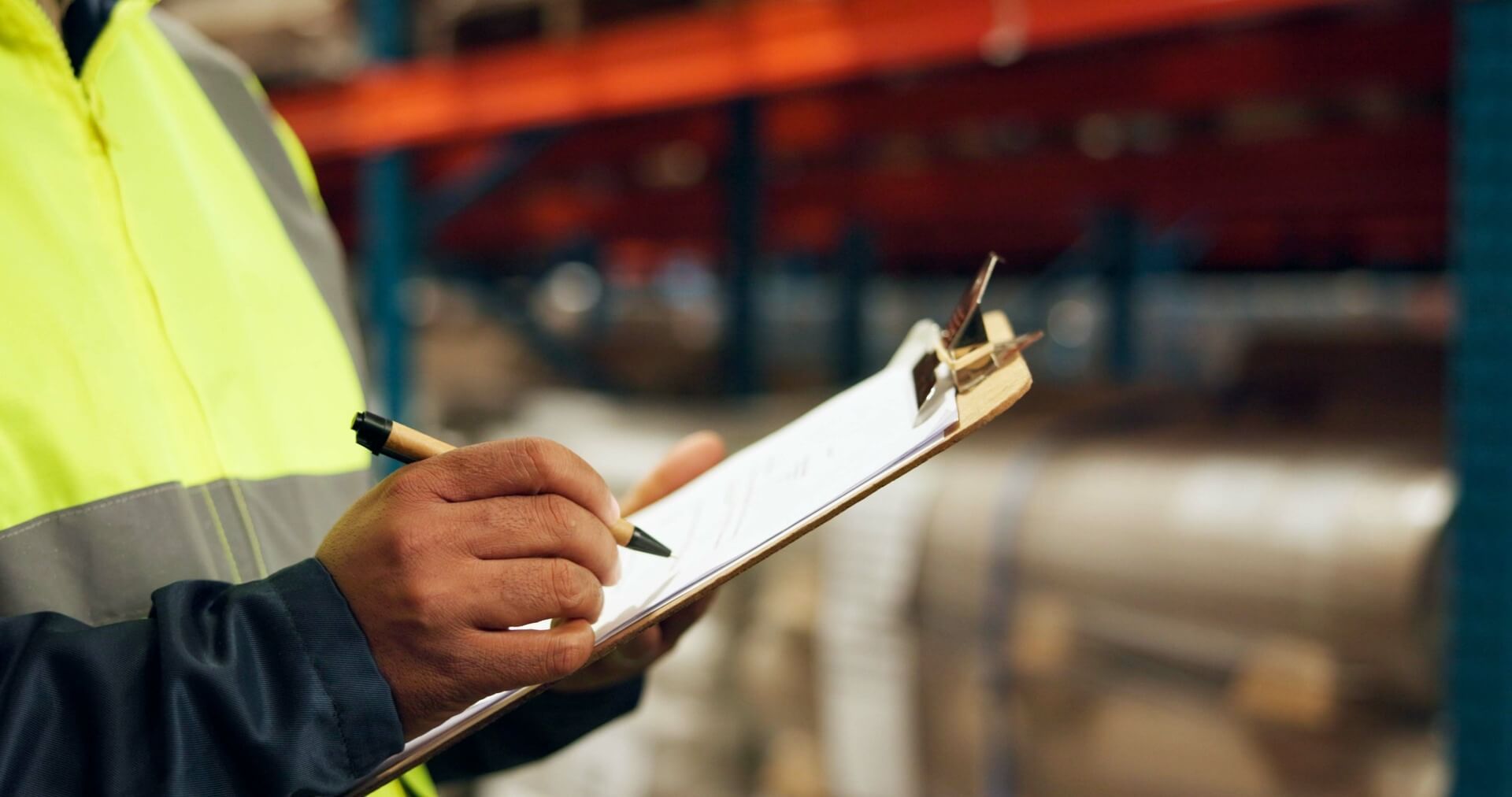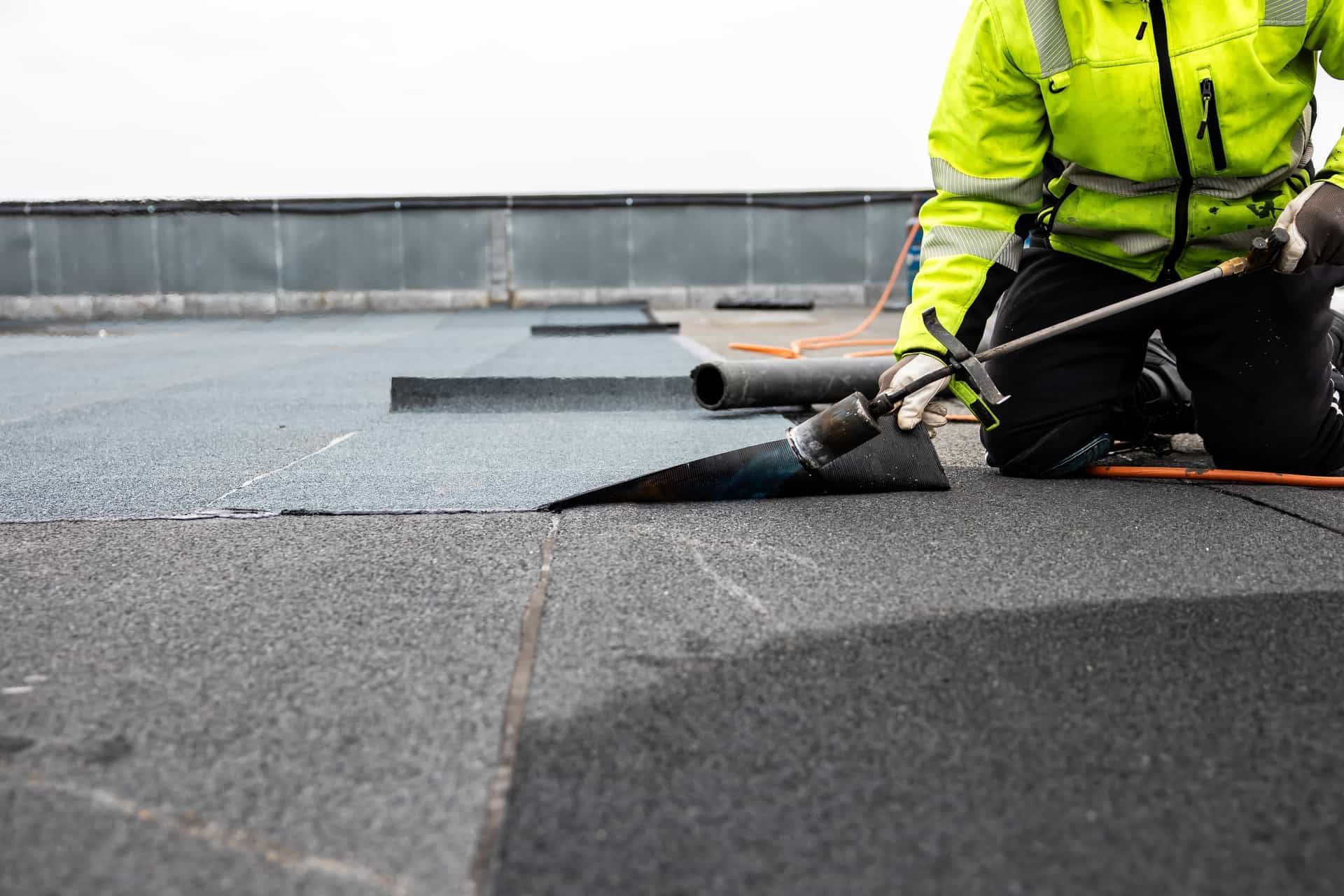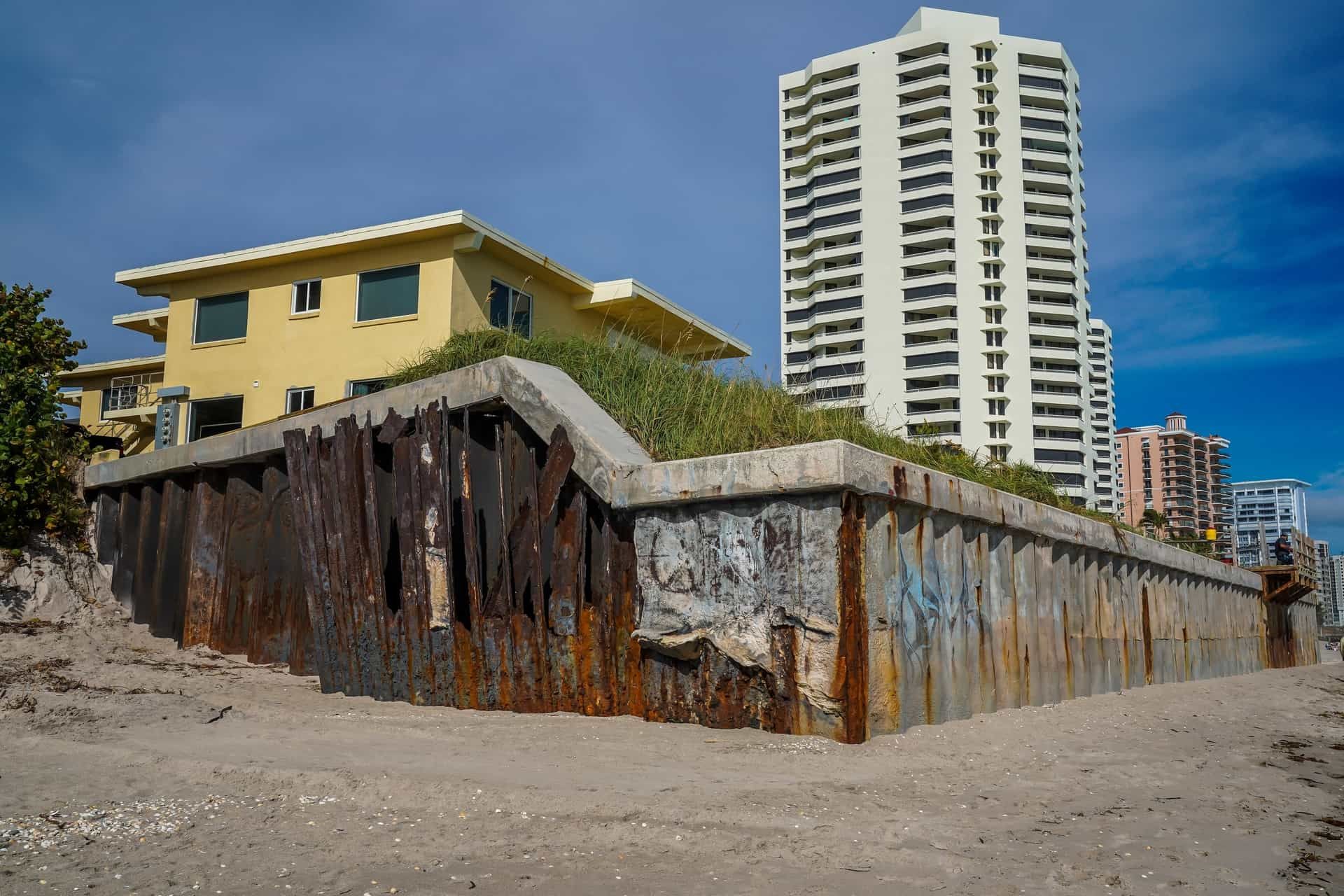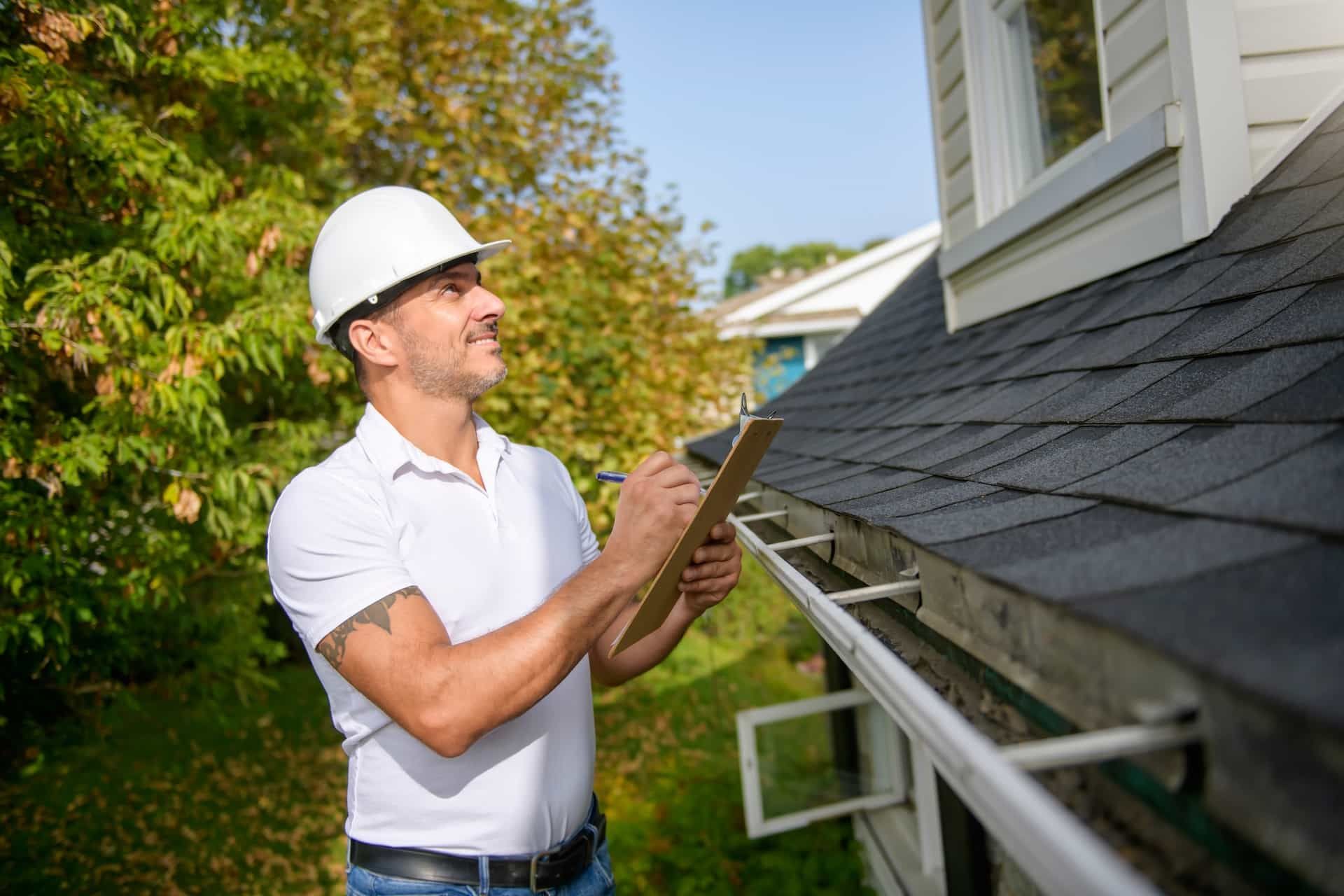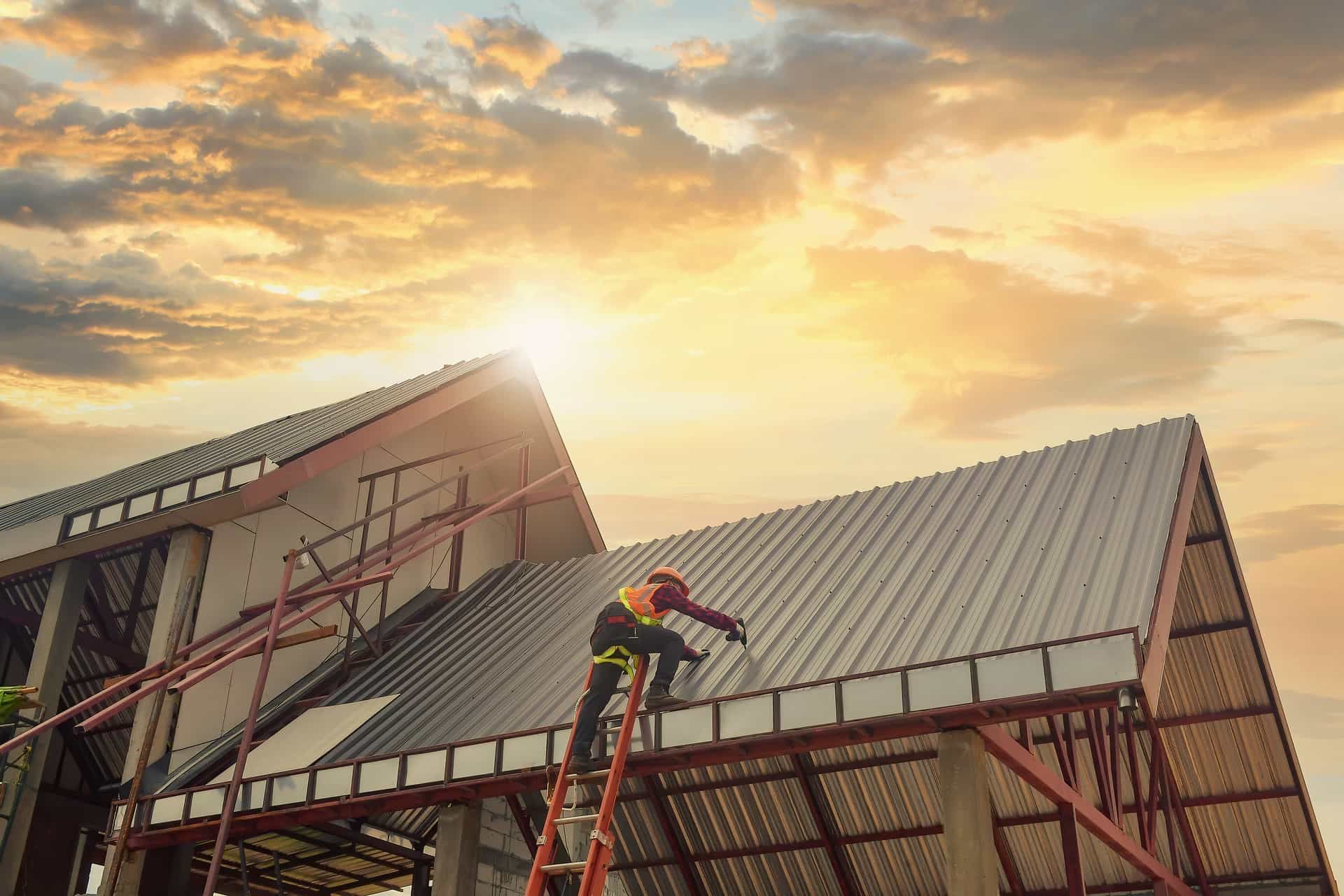What's The Difference Between A Manufactured Home Inspection And A Regular Home Inspection?
Purchasing a new abode and noticed that a HUD home is available for sale nearby? If it’s a manufactured home, there are plenty of ways it differs from a traditional stick-built version. Sure, they both have a roof, windows, and doors, but even the ensuing manufactured home inspection will be different.
For starters, mobile homes use different materials and building methods. They’re also a lot more susceptible to damage, and some systems and features are inaccessible, which can be a struggle for even the best inspector out there.
With that said, here’s what you can expect from a manufactured home inspection and how it differs from a regular one.
1 . Everything Is More Compact In A Manufactured Home
As you may be familiar, manufactured homes are constructed at a factory and then transported to the site where they can be anchored. They come in various sizes, such as double-wide homes consisting of two sections transported separately and then connected on the site. However, the materials utilized will always be a lot smaller and lighter than what you’ve become accustomed to with a regular home.
For instance, the HVAC systems in factory-built homes are smaller, and so are the structural boards. A regular home uses 2x lumber, while manufactured homes generally opt for 1x structural boards.
These differences already set the tone for mobile home inspection, and inspectors need to shift their approach when evaluating the condition of such a home.
2. Electrical Portion Of The Inspection Is More Chaotic
With a standard house, the electrical system is straightforward and everything is at arm’s reach. With mobile homes, inspectors usually need more time to inspect the system. The sub-panel may be hidden away, and the meter is normally located further away from the structure.
Similarly, mobile homes often utilize aluminum wiring, which means there’s a high possibility that GFCI protection will be missing and that we’ll find subpar upgrades and DIY repairs.
3. Plumbing Is More Vulnerable To Leaks
Stick-built homes often incorporate insulated copper plumbing lines, meaning the pipes are much less prone to issues than piping in manufactured homes.
A mobile home usually uses PVC or CPVC plastic pipes, and the water lines are often located on the underside of the home where they’re exposed to the elements. As such, there’s a higher possibility that the plumbing lines in a mobile home are full of small leaks that may require extensive repairs.
4. Main Systems Are Often Difficult To Access
Due to the compact nature of most manufactured homes, the inspectors may have trouble accessing the main systems. For example, wiring, plumbing, ductwork, and insulation are often located in the crawl space but may be completely hidden by sheathing covered by a plastic membrane (made to protect the home from water intrusion).
A manufactured home inspection may also take longer because the inspector will first have to access the attic space, sometimes through a small panel inside a bedroom closet or such. Similarly, the water heater may be hidden away behind a wall panel, so inspectors will need to play a small game of hide and seek while inspecting a mobile home.
5. Inspectors May Find More Damage
Despite the improvements in construction techniques, manufactured homes aren’t as stable as regular houses. While the latter is constructed on a permanent foundation, mobile homes are generally fixed on block piers hidden by decorative skirting that makes the home look more traditional.
Taking into account all of the above, extreme weather conditions (very common in Florida) can wreak havoc on the home and lead to extensive damage. This is why a manufactured home foundation inspection is so important. The inspectors will take extra time to check the shimming between the top of the foundation to the underside of the home and ascertain the stability of the piers.
Due to the fact they’re not permanently fixed, it’s also necessary to check the presence of tie-downs or hurricane straps. The report you receive will explain which type of straps the home uses. These could be simple metal straps, solid posts, or metal rods.
In addition, a
mobile home inspection covers checking for damage that could have occurred during the transportation of the home, like broken seals on the exterior wall sheathing, windows, skylights, and doors. During this portion of the inspection, the inspector will also check for signs of water intrusion.
6. Manufactured Homes Often Have Subpar Additions
Since manufactured homes are small “out of the box”, many owners build on additions after the home is installed. The problem is that many of these additions are not done properly and may lead to a variety of issues later down the road.
Since the structure is resting on piers, they may become unstable due to the extra weight, so the likes of an extra room or a deck can start separating from the main structure, leaving the home open to water filtration.
Therefore, inspectors must check if the additions have a separate foundation that alleviates some of the pressure from the central structure.
After evaluating the home, you’ll receive a comprehensive report that details any issue discovered during the manufactured home inspection. Most mobile inspection reports contain several pages substantiated with photographs, so you’ll gain a deep understanding of the property, thus allowing you to make an informed purchasing decision.
Purchase A Home With Confidence
In this day and age, manufactured homes look very similar to traditional homes. Still, despite the advancements in technology, lightweight materials and the nature of the design of these structures can lead to many issues.
Even a brand-new, factory-built home can be damaged during transportation, and it’s also not uncommon for the contractors installing the home to make mistakes, causing damage that will only get worse as the years go by.
This is why an evaluation provided by
Certified Inspectors is such a big deal. Our 25 years of experience and multiple InterNACHI® certifications can bring you the peace of mind that the manufactured home you’re looking at won’t leave you at a financial disadvantage.
Inspecting this type of home is tricky, but we’re always up for a good challenge - and the droves of happy clients can confirm just how good we are at what we do.
Call
(561) 570-6311 or send us an
email to book the best inspection in South Florida.
Disclaimer: The information on this website and blog is for general informational purposes only and is not professional advice. We make no guarantees of accuracy or completeness. We disclaim all liability for errors, omissions, or reliance on this content. Always consult a qualified professional for specific guidance.
Share the post:

